The firmness level of a mattress refers to how soft or firm the sleeping surface feels when you lie down on it. It is an important factor to consider when shopping for a new mattress as it can greatly impact your overall sleep experience and comfort.What is the Firmness Level of a Mattress?
Most mattresses are rated on a firmness scale from 1 to 10, with 1 being the softest and 10 being the firmest. This scale can vary slightly between different mattress brands, but it generally follows these guidelines: Firmness Level 1-2: Extremely soft and plush, with little to no support. These mattresses are ideal for side sleepers and those who prefer a very soft sleeping surface. Firmness Level 3-5: Medium to medium-soft firmness, with a balance of softness and support. These mattresses are suitable for most sleeping positions and provide a good combination of comfort and support. Firmness Level 6-7: Medium-firm to firm, with more support and less cushioning. These mattresses are best for back sleepers and those who prefer a firmer sleeping surface. Firmness Level 8-10: Extremely firm and supportive, with little to no cushioning. These mattresses are recommended for stomach sleepers and those who need extra support for their back.Understanding the Firmness Scale for Mattresses
Choosing the right firmness level for your mattress is a personal decision and depends on your individual preferences and needs. Here are some factors to consider when making your decision: Sleeping Position: Your sleeping position is a key factor in determining the right firmness level for your mattress. Side sleepers usually prefer a softer surface to cushion their shoulders and hips, while back and stomach sleepers need more support for proper spinal alignment. Body Weight: Heavier individuals may find firmer mattresses more comfortable as they provide better support and prevent sinking too deeply into the mattress. Lighter individuals may prefer a softer surface for more cushioning and pressure relief. Medical Conditions: If you have any medical conditions such as back pain or arthritis, you may need a mattress with a specific firmness level to accommodate these issues. Consult with your doctor for recommendations. Personal Preference: Ultimately, the firmness level of your mattress comes down to personal preference. If you have a specific firmness level that you find most comfortable, stick with it when shopping for a new mattress.How to Choose the Right Firmness Level for Your Mattress
While the firmness level of a mattress refers to how soft or firm the surface feels, the support of a mattress refers to how well it keeps your body in proper alignment. A mattress can have a high level of firmness but still lack proper support, leading to discomfort and potential back pain. When shopping for a mattress, it's important to consider both the firmness level and the support it provides. A mattress with the right combination of both can provide the best sleep experience and promote proper spinal alignment for a restful night's sleep.Firmness Level vs. Support: What's the Difference?
Now that you understand the firmness scale and its importance, let's explore the different firmness levels of mattresses in more detail. Soft Mattresses (Firmness Level 1-2): These mattresses are often made of plush materials such as memory foam or pillow-top layers. They provide a sinking, cradling feeling and are best for side sleepers or those who prefer a very soft sleeping surface. Medium Mattresses (Firmness Level 3-5): These mattresses have a balance of softness and support, making them suitable for most sleeping positions. They are often made of a combination of materials such as memory foam and innerspring coils. Firm Mattresses (Firmness Level 6-7): These mattresses have less cushioning and more support, making them ideal for back sleepers or those who need extra support for their spine. They are usually made of materials such as latex or high-density foam. Extra Firm Mattresses (Firmness Level 8-10): These mattresses provide the most support and are recommended for stomach sleepers or those with back pain. They are often made of materials such as high-density foam or innerspring coils.Exploring the Different Firmness Levels of Mattresses
So, which firmness level is best for you? The answer depends on your individual preferences and needs. Here are some general recommendations based on sleeping position: Side Sleepers: Soft to medium mattresses are most suitable for side sleepers as they provide the necessary cushioning for pressure points. Back Sleepers: Medium to firm mattresses are recommended for back sleepers as they provide the right balance of support and comfort. Stomach Sleepers: Firm to extra firm mattresses are ideal for stomach sleepers as they prevent the hips from sinking too deeply and causing discomfort.Soft, Medium, or Firm: Which Firmness Level is Best for You?
There are several factors that can affect the firmness level of a mattress, including: Materials Used: Different materials have different levels of firmness. For example, memory foam is known for its soft and contouring feel, while latex provides more support and a bouncier feel. Thickness: Thicker mattresses tend to be firmer as they have more layers and materials to provide support. Temperature: Temperature can affect the firmness of a mattress, especially with memory foam. In warmer temperatures, memory foam can feel softer, while in colder temperatures it can feel firmer.Factors That Affect the Firmness Level of a Mattress
Before making a purchase, it's important to test the firmness level of a mattress to ensure it is suitable for you. Here are some ways to test the firmness level of a mattress: Lie down on the mattress: The best way to determine the firmness level is to lie down on the mattress in your preferred sleeping position and see how it feels. Pay attention to how your body sinks into the mattress and if it provides the necessary support. Use the hand test: Press your hand into the mattress and see how much it sinks. If it sinks too easily, the mattress may be too soft for your liking. Read reviews: Reading reviews from other customers can give you an idea of the firmness level of a mattress and if it is suitable for your needs.How to Test the Firmness Level of a Mattress
As mentioned before, your sleeping position is a crucial factor in determining the right firmness level for your mattress. Here are some recommendations based on sleeping position: Side Sleepers: Look for a mattress with a firmness level of 3-5 for optimal comfort and pressure relief. Back Sleepers: A medium-firm mattress with a firmness level of 4-6 is recommended for back sleepers. Stomach Sleepers: A firmer mattress with a firmness level of 6-7 is suitable for stomach sleepers as it prevents the hips from sinking too deeply.Finding the Perfect Firmness Level for Your Sleeping Position
For those who have trouble deciding on a firmness level, adjustable firmness mattresses offer a solution. These mattresses allow you to adjust the firmness level to your liking, making it suitable for multiple sleeping positions and preferences. Adjustable firmness mattresses use air chambers or remote-controlled technology to adjust the firmness level, giving you the ability to customize your sleep experience.Adjustable Firmness Mattresses: The Future of Sleep Comfort
Firmness Level of Mattress: Finding the Perfect Balance for a Good Night's Sleep
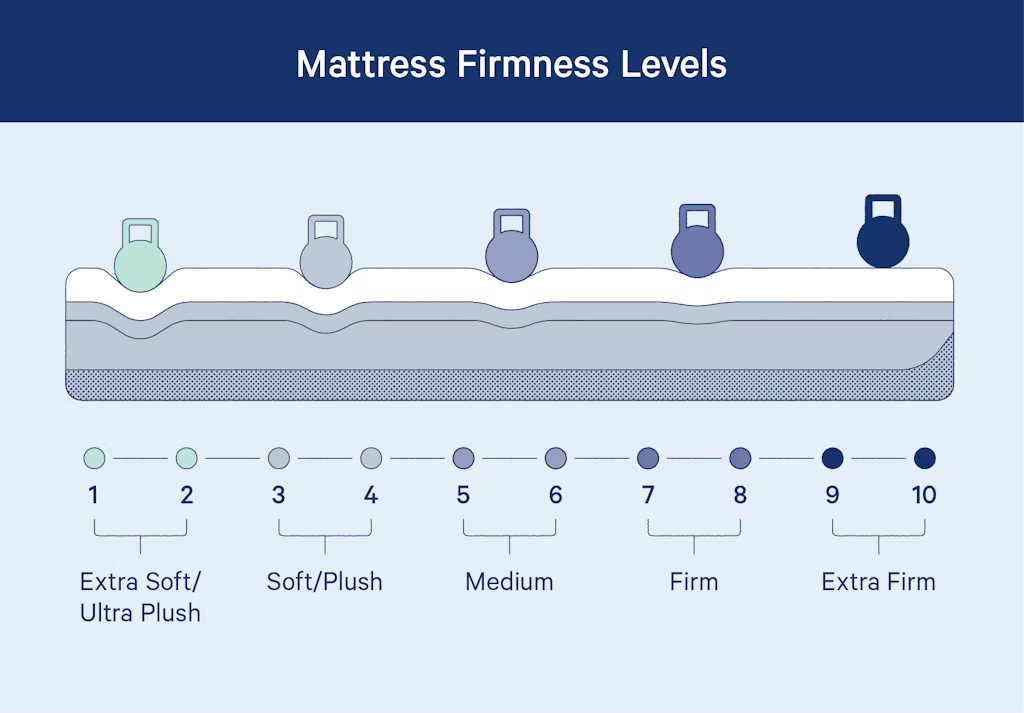
The Importance of Mattress Firmness
The Different Levels of Mattress Firmness
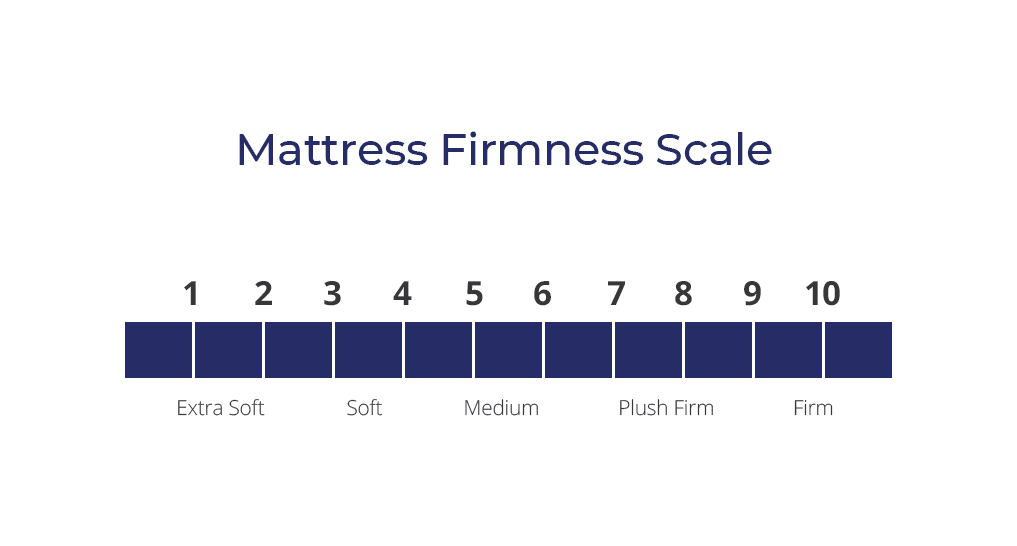 Soft
mattresses are known for their plush and cushiony feel. They offer a sinking sensation, allowing your body to sink into the mattress. This level of firmness is ideal for side sleepers and those who prefer a hugging sensation while sleeping. However, it may not provide enough support for back or stomach sleepers, leading to back pain and discomfort.
Medium
firmness mattresses are the most popular choice among sleepers. They offer a balance between softness and support, providing enough cushioning for pressure points while still maintaining proper spinal alignment. This level of firmness is suitable for all types of sleepers, making it a versatile option.
Firm
mattresses are known for their stiffness and minimal give. They offer a supportive surface, keeping your body on top of the mattress rather than sinking in. This level of firmness is ideal for back or stomach sleepers as it helps maintain proper spinal alignment and prevents sagging. However, it may feel too hard for some sleepers, causing discomfort and affecting their sleep quality.
Soft
mattresses are known for their plush and cushiony feel. They offer a sinking sensation, allowing your body to sink into the mattress. This level of firmness is ideal for side sleepers and those who prefer a hugging sensation while sleeping. However, it may not provide enough support for back or stomach sleepers, leading to back pain and discomfort.
Medium
firmness mattresses are the most popular choice among sleepers. They offer a balance between softness and support, providing enough cushioning for pressure points while still maintaining proper spinal alignment. This level of firmness is suitable for all types of sleepers, making it a versatile option.
Firm
mattresses are known for their stiffness and minimal give. They offer a supportive surface, keeping your body on top of the mattress rather than sinking in. This level of firmness is ideal for back or stomach sleepers as it helps maintain proper spinal alignment and prevents sagging. However, it may feel too hard for some sleepers, causing discomfort and affecting their sleep quality.
Finding the Perfect Firmness Level
 The perfect firmness level for your mattress ultimately depends on your personal preferences, sleeping position, and body type. It's essential to test out different levels of firmness to see which one feels the most comfortable for you. Keep in mind that your
mattress
should provide adequate support and cushioning for your body, without causing any discomfort or pain. A general rule of thumb is that
side sleepers
typically prefer a softer mattress, while
back and stomach sleepers
may opt for a firmer one.
In conclusion, the
firmness level of your mattress
is a critical factor in ensuring a good night's sleep. It's essential to choose a level of firmness that suits your personal preferences and provides the necessary support for your body. With the right firmness level, you can wake up feeling rested and rejuvenated, ready to take on the day ahead.
The perfect firmness level for your mattress ultimately depends on your personal preferences, sleeping position, and body type. It's essential to test out different levels of firmness to see which one feels the most comfortable for you. Keep in mind that your
mattress
should provide adequate support and cushioning for your body, without causing any discomfort or pain. A general rule of thumb is that
side sleepers
typically prefer a softer mattress, while
back and stomach sleepers
may opt for a firmer one.
In conclusion, the
firmness level of your mattress
is a critical factor in ensuring a good night's sleep. It's essential to choose a level of firmness that suits your personal preferences and provides the necessary support for your body. With the right firmness level, you can wake up feeling rested and rejuvenated, ready to take on the day ahead.

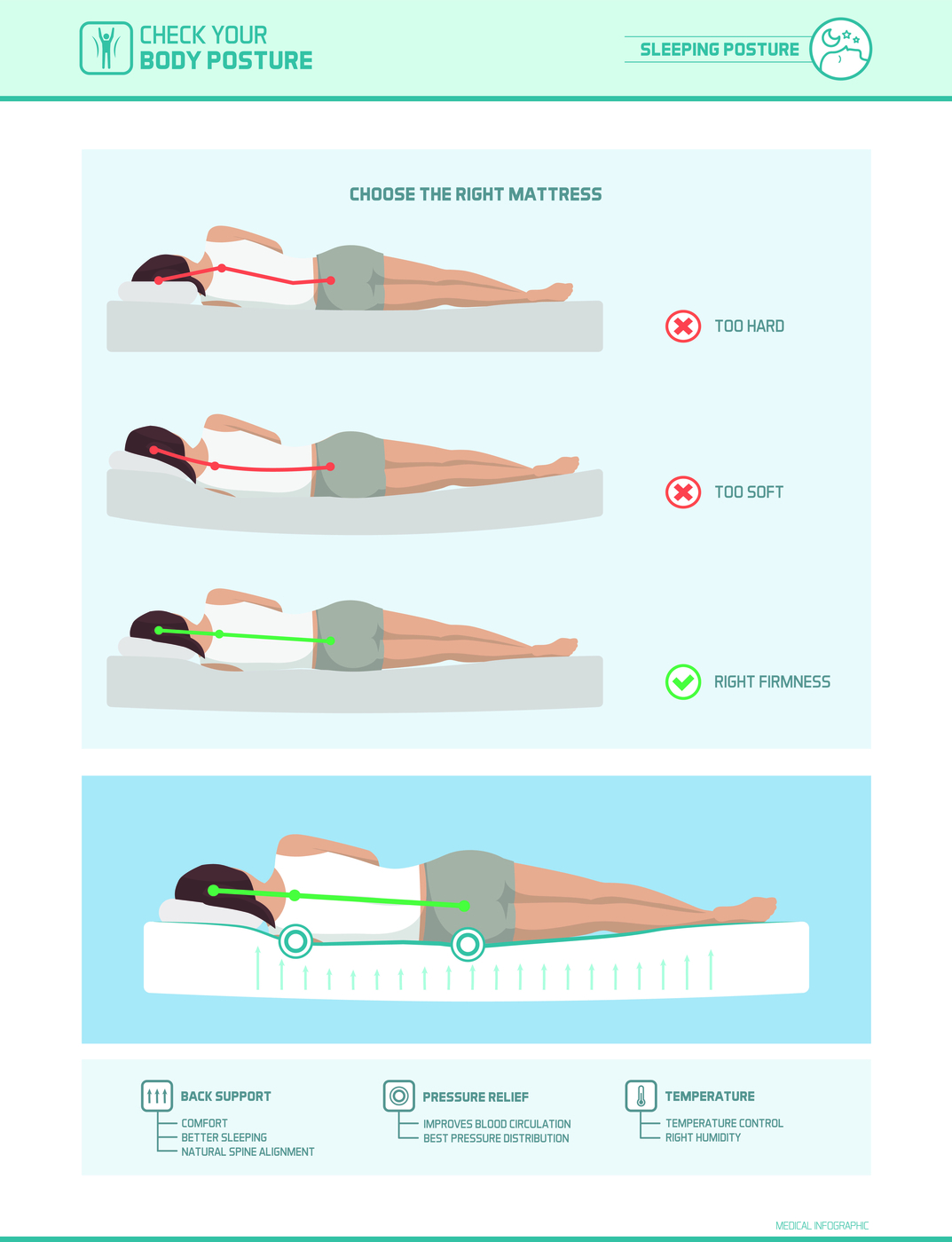




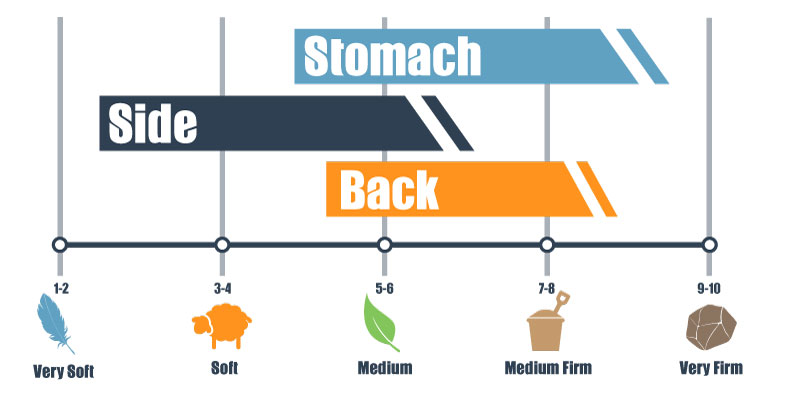
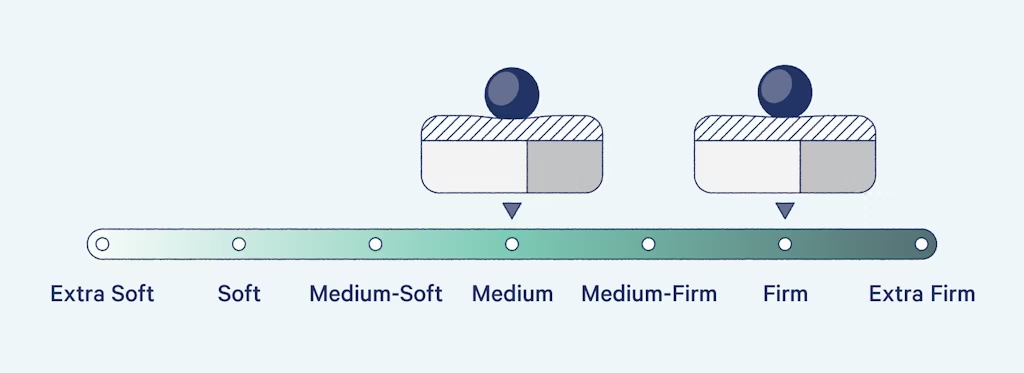

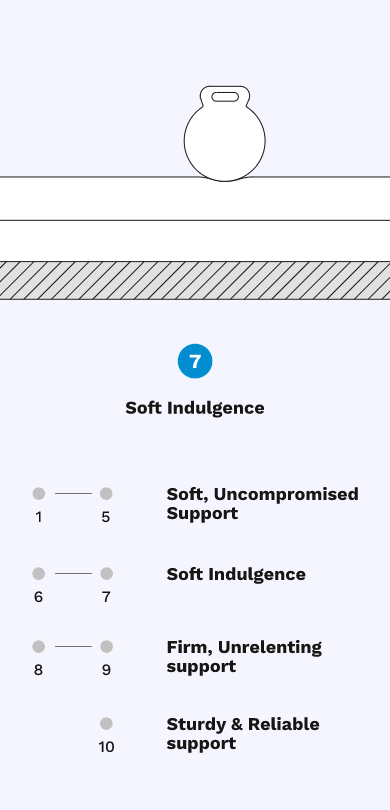


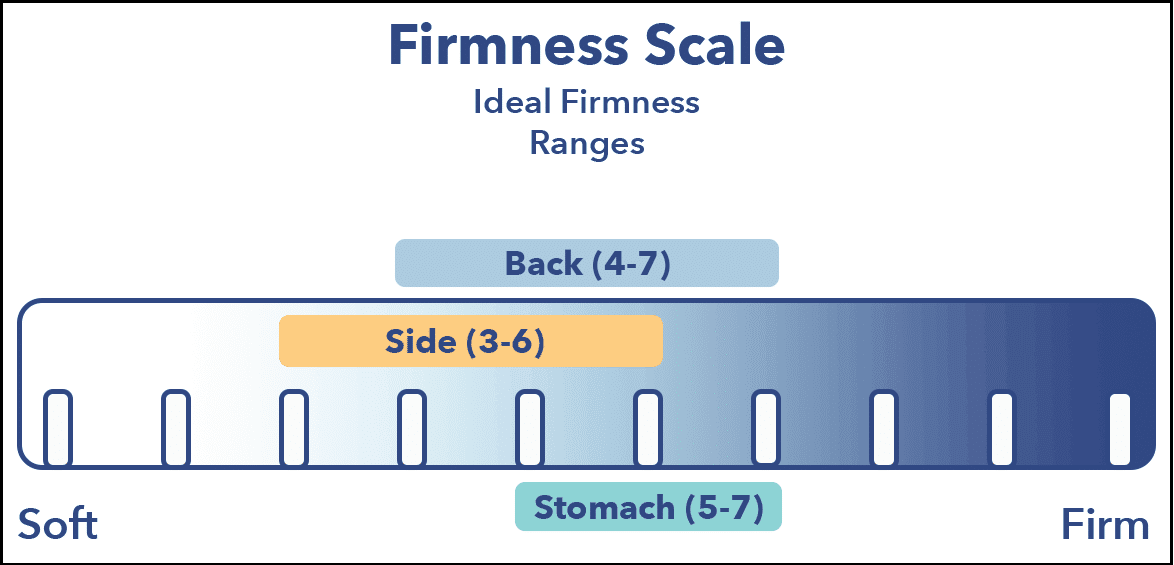

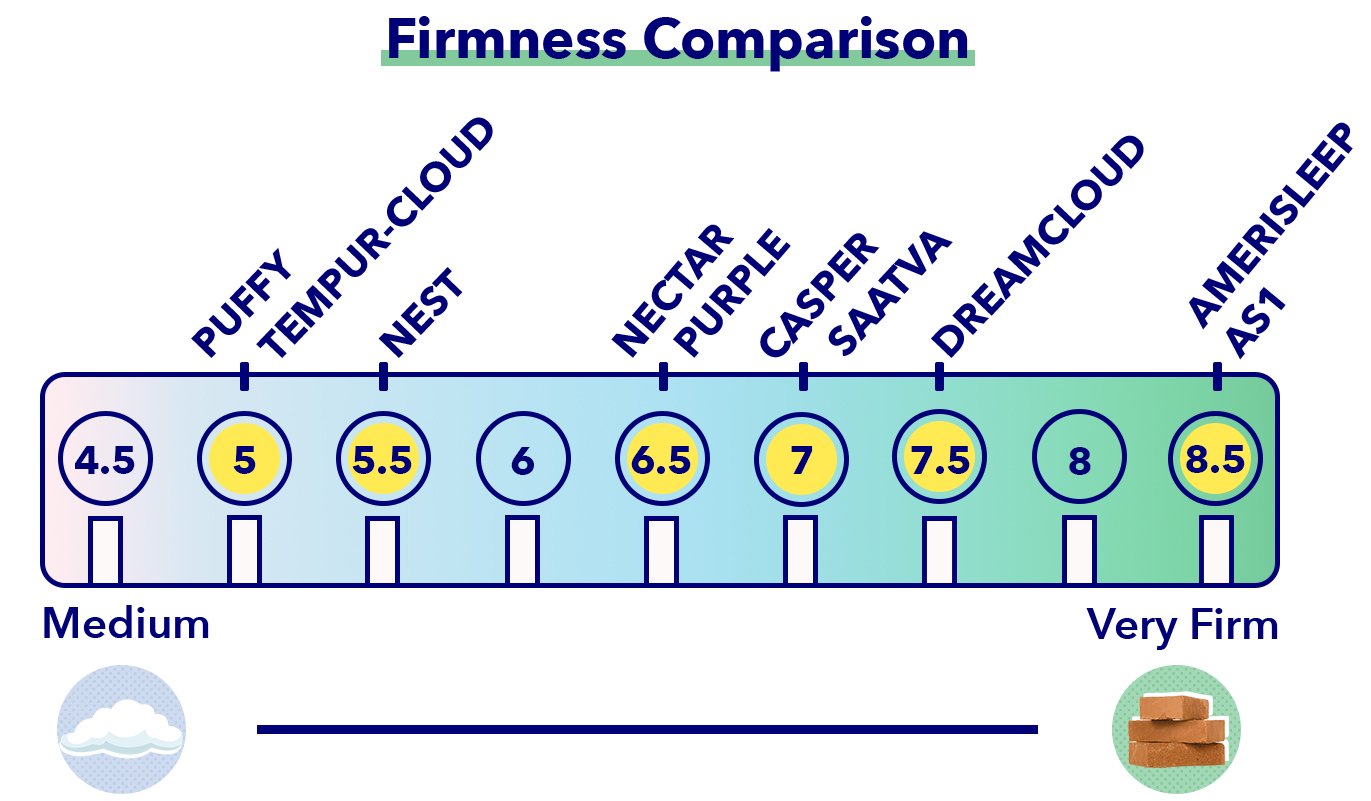


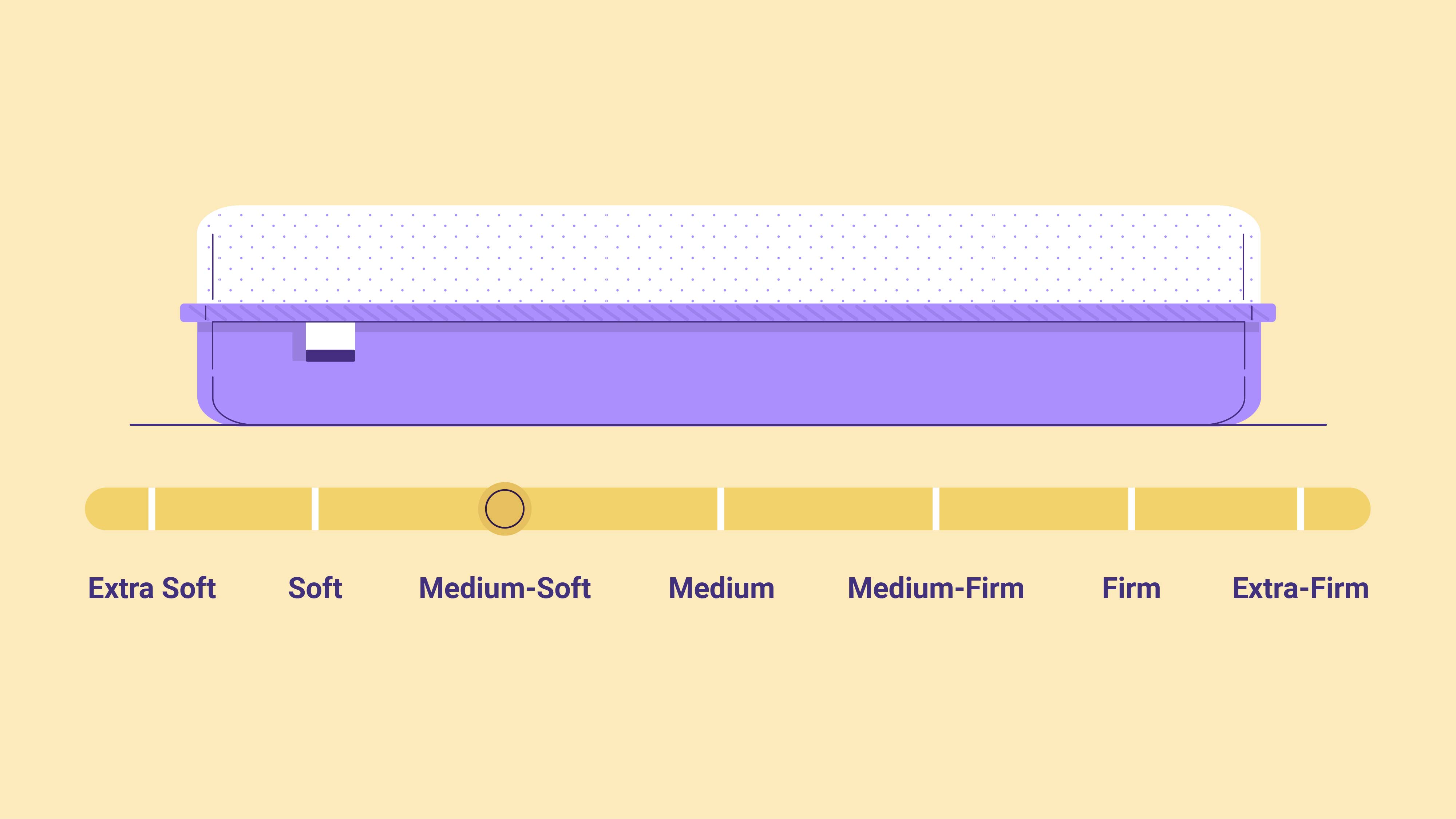

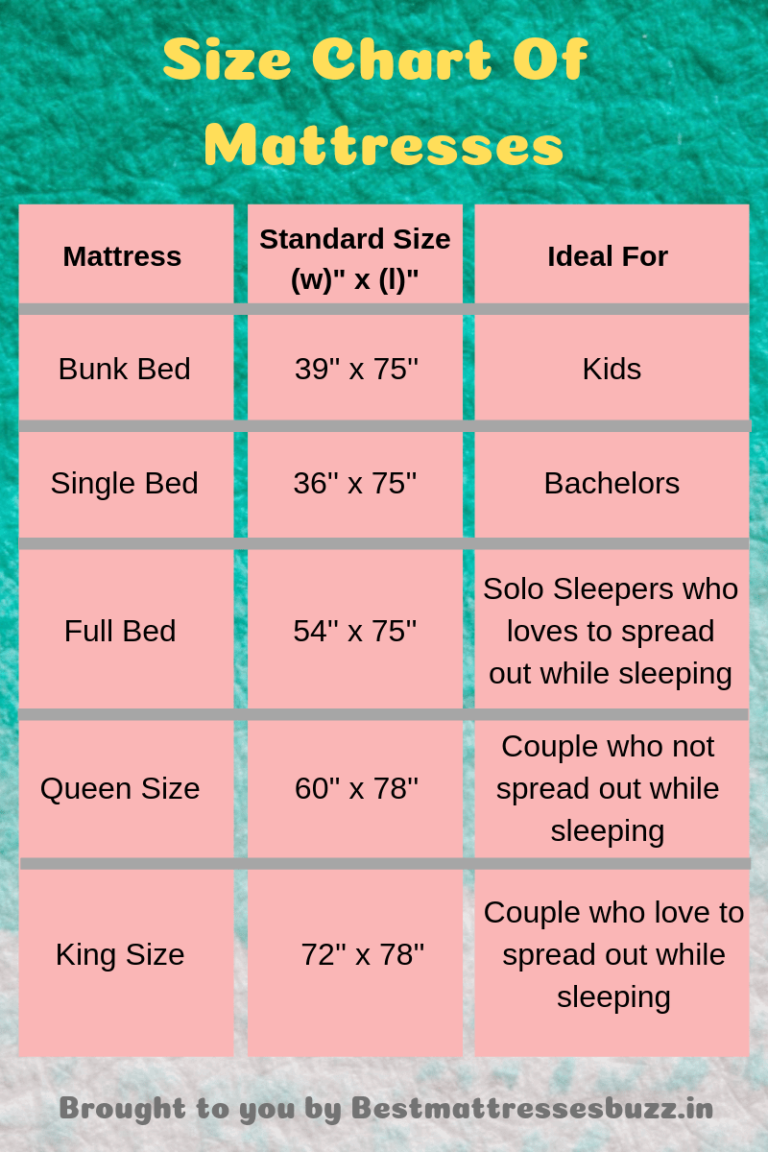







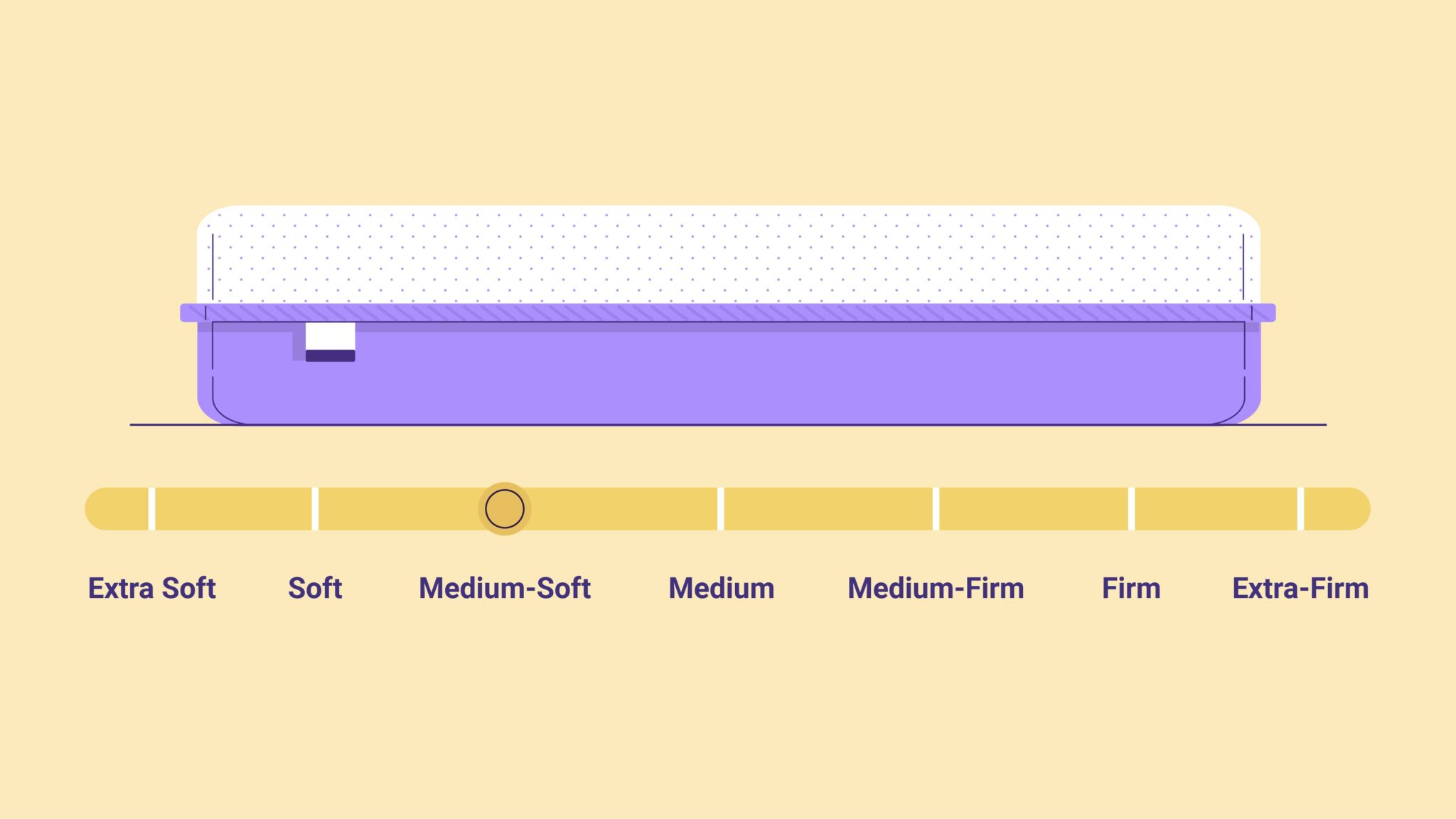



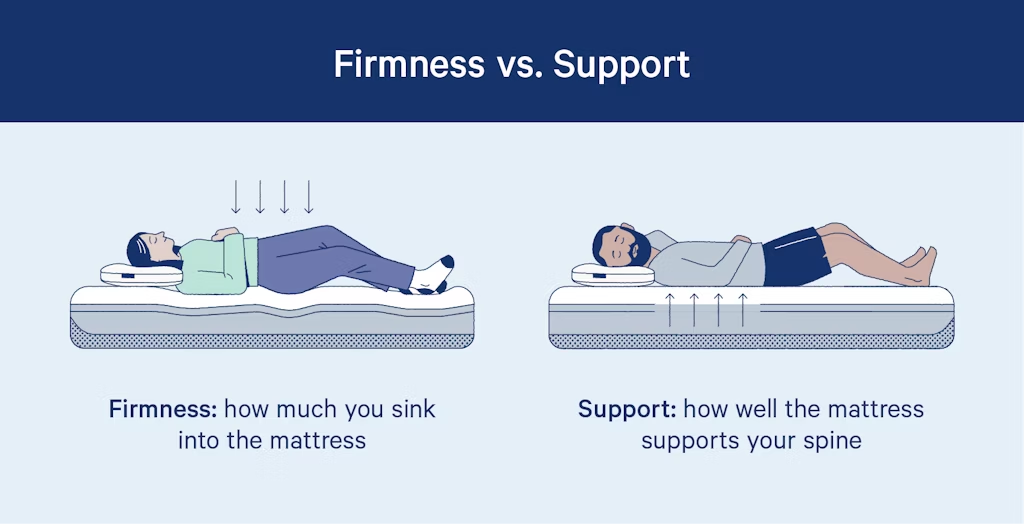

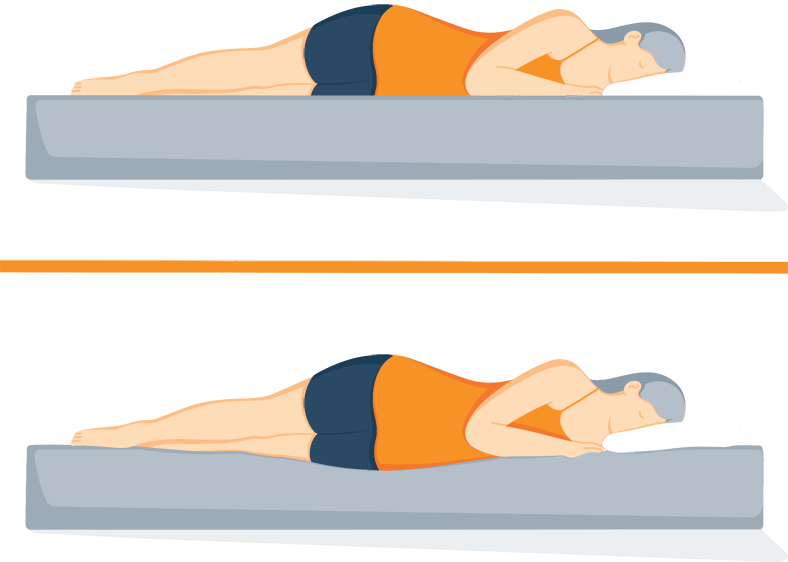



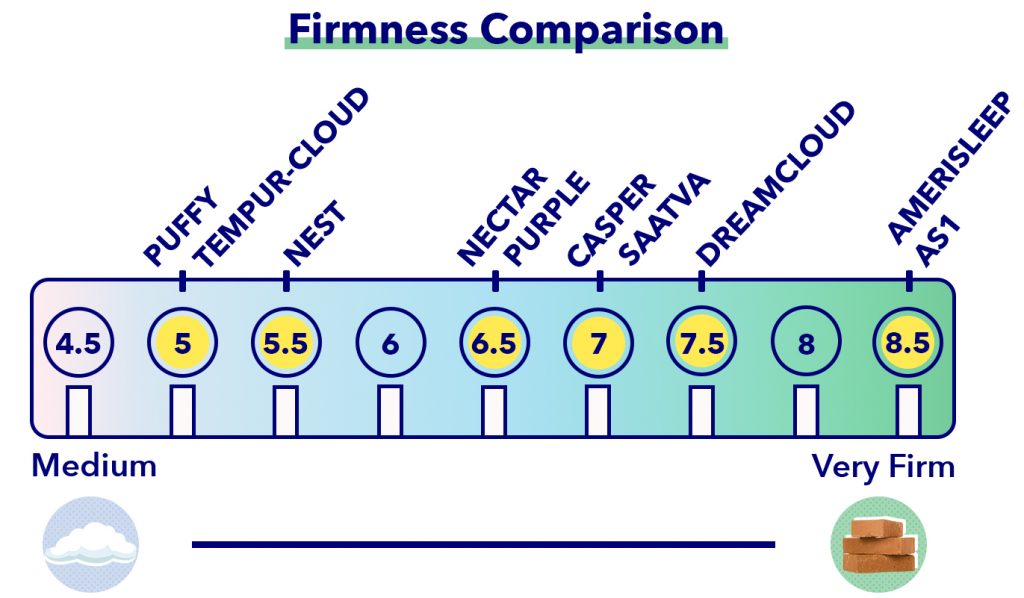
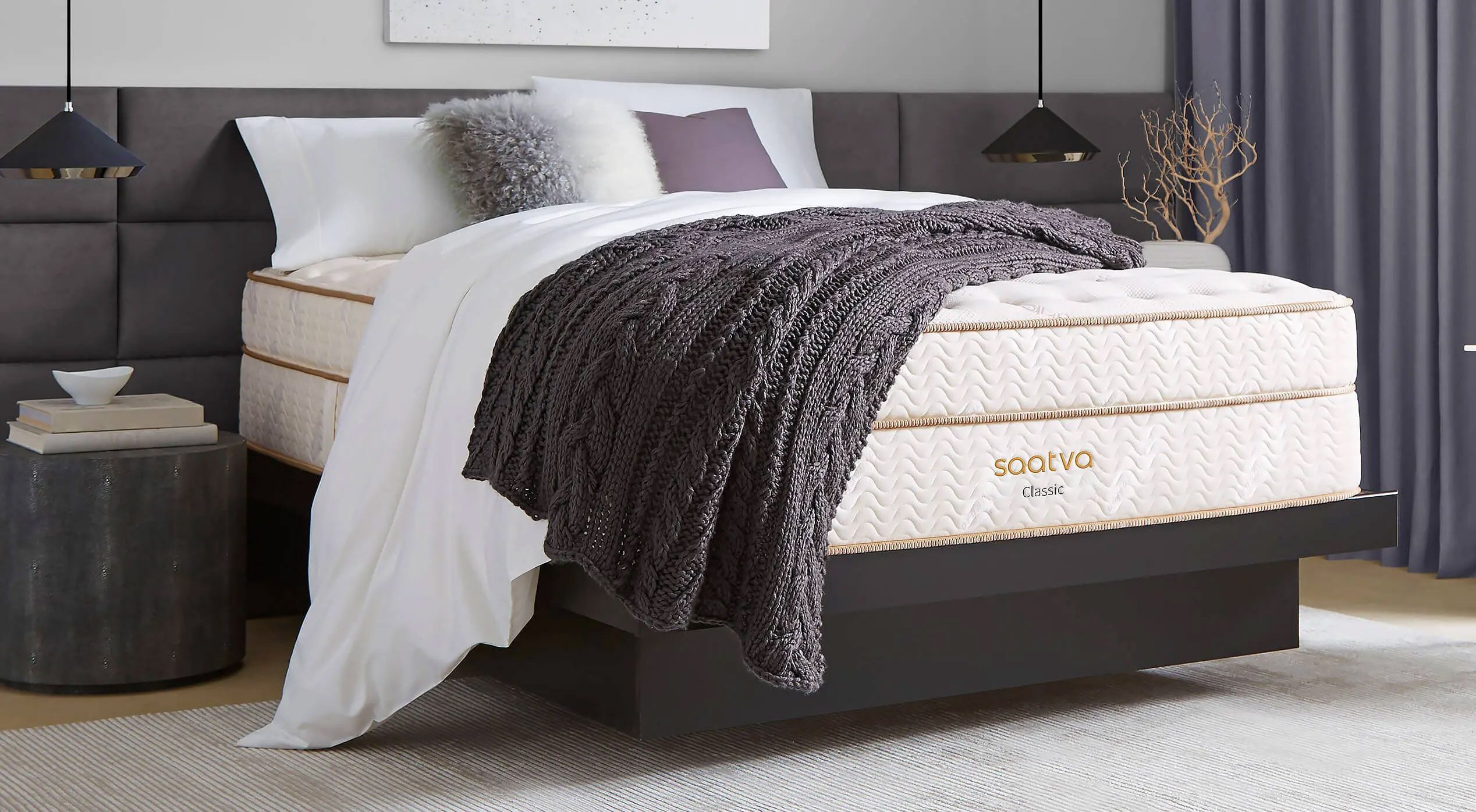






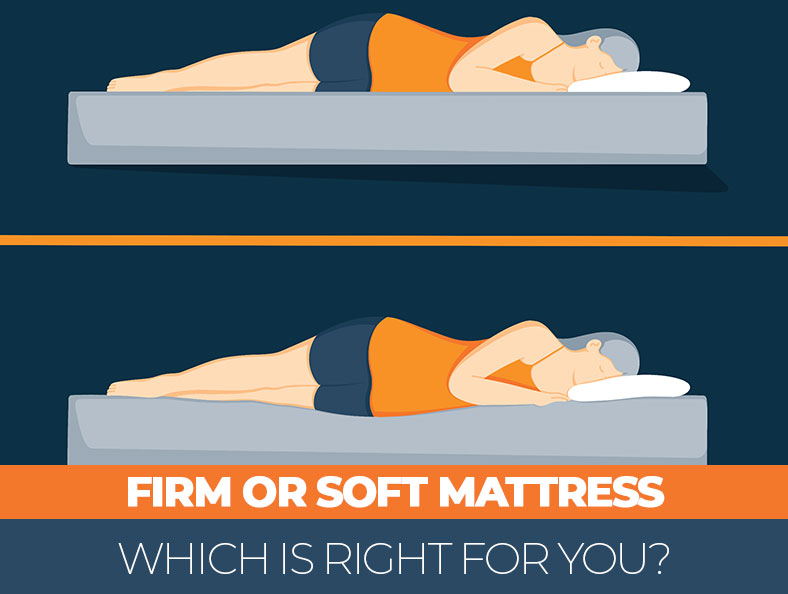
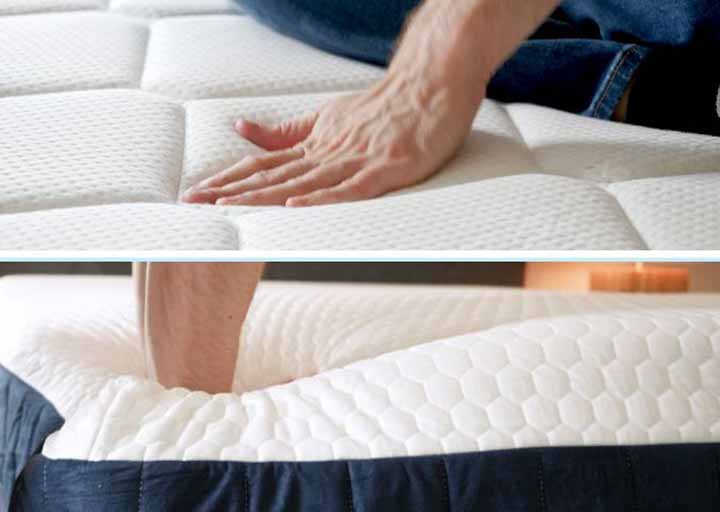


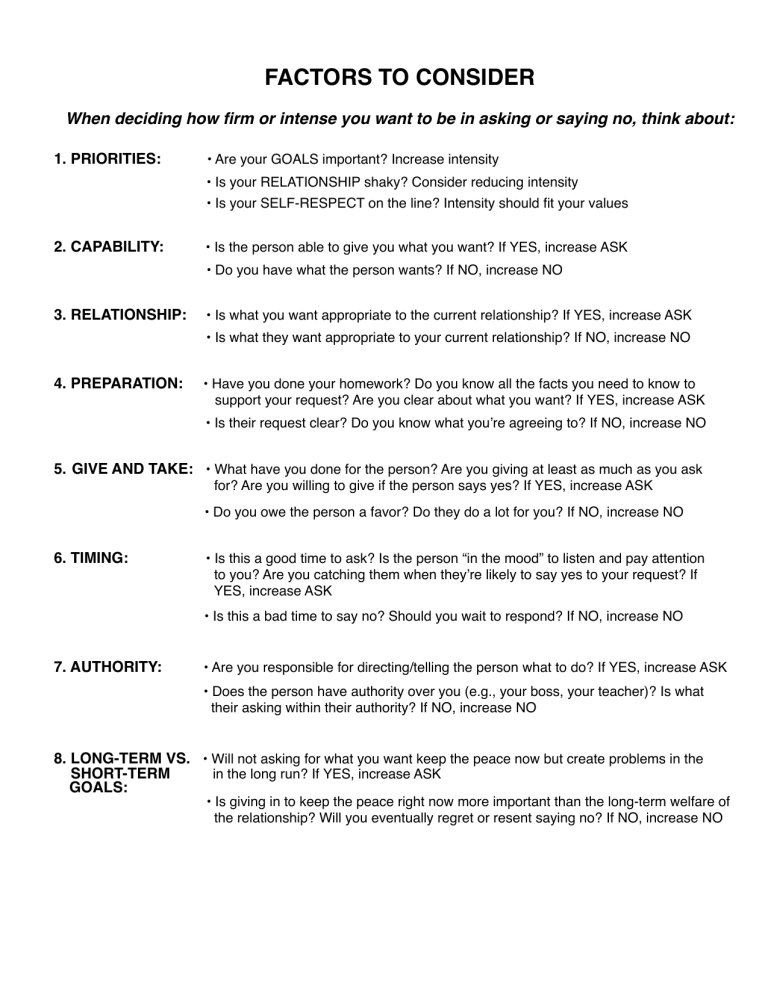





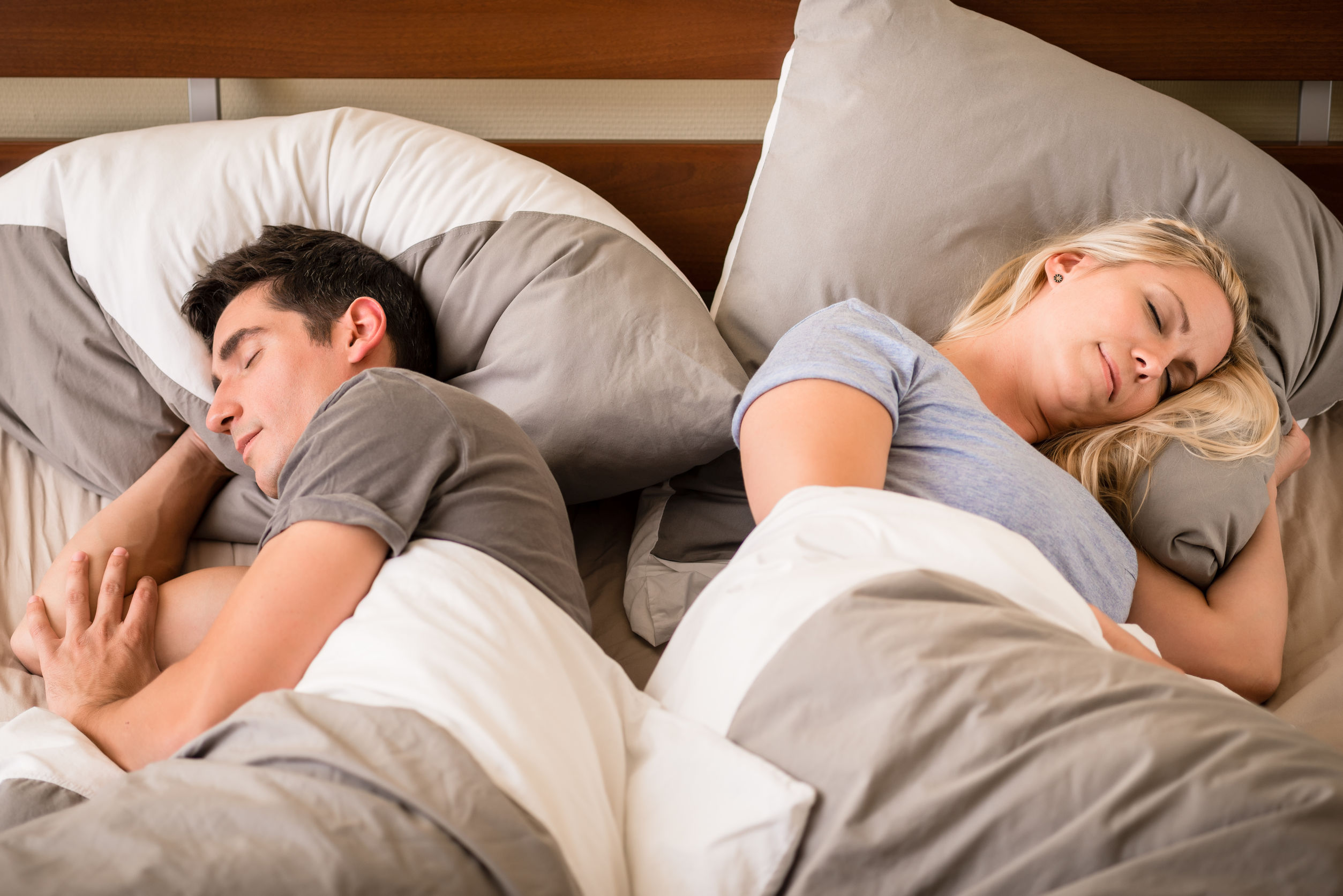




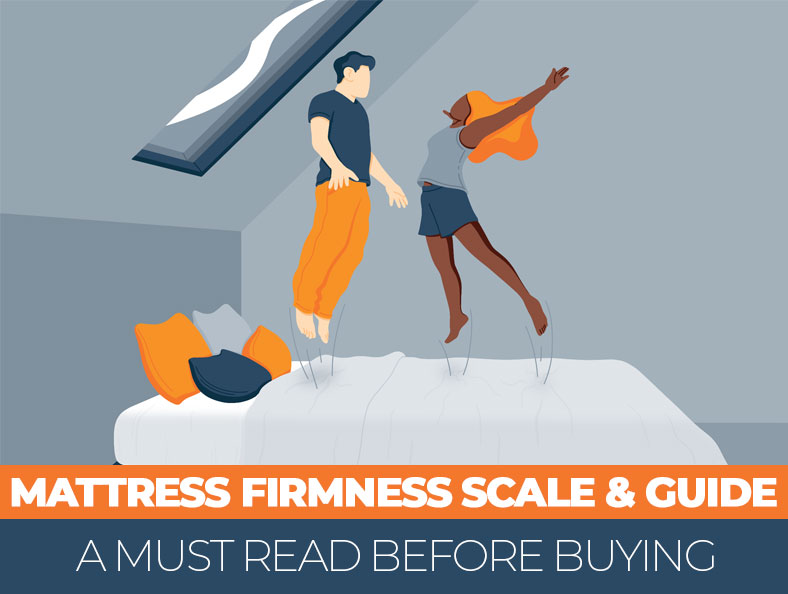





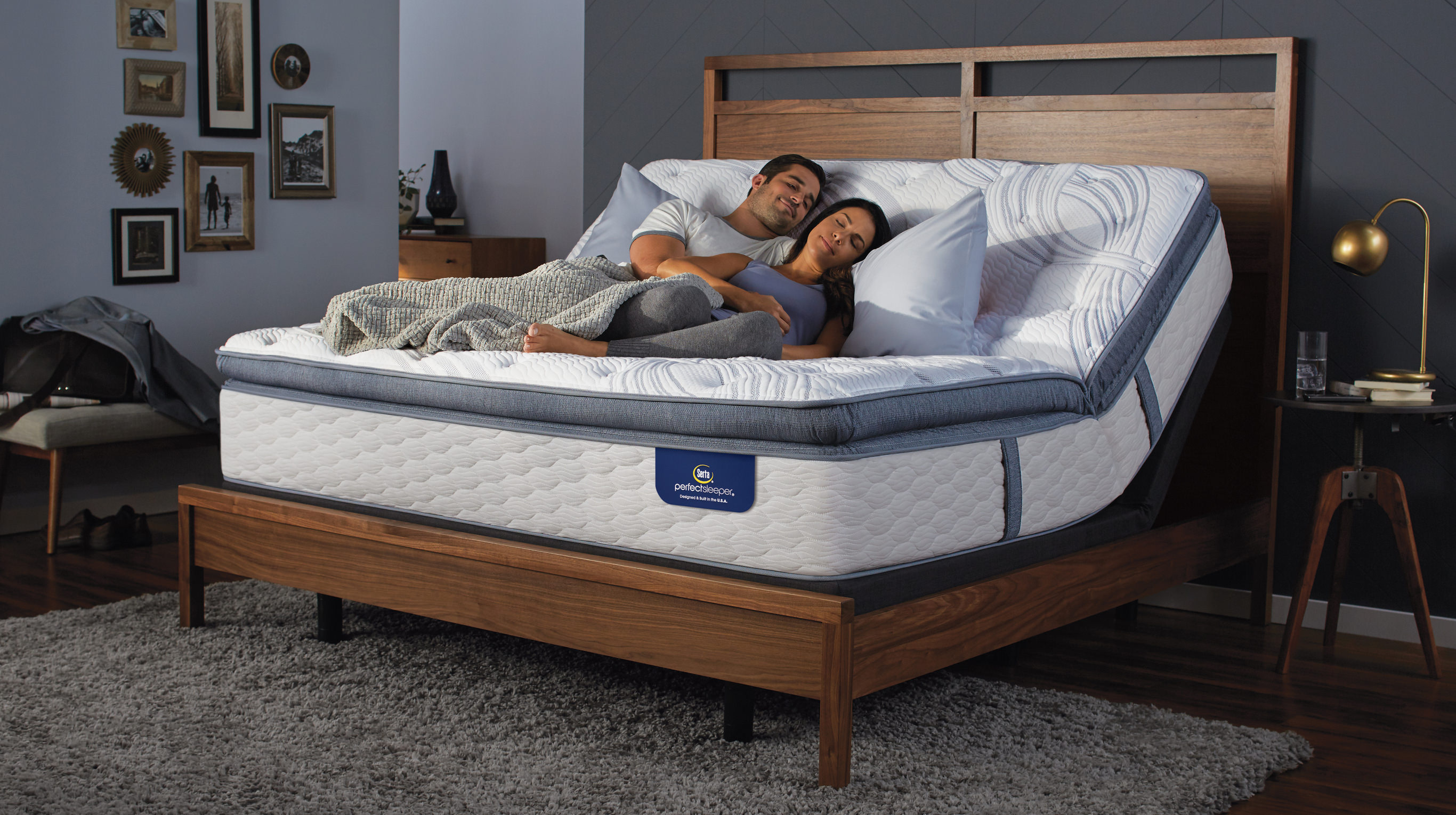

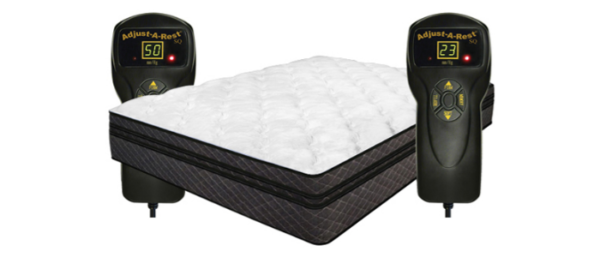




.jpg?v=e6e02af1)




